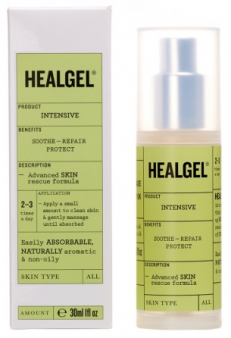Beauty Clinic: Advice for keloid scarring
Q. I recently had surgery and now suffer from keloid scarring. Can you recommend a cream that works please? I am African Caribbean. A. Any wound that goes through the epidermis (top layer of skin) and into the dermis will cause scarring. The extent of the scarring depends on the skin’s repair response. People with your type of skin (also red-haired, lily-skinned Celts) are particularly prone to red, pink or dark brown ‘keloid’ scarring. The problem occurs when scar tissue grows and invades surrounding tissue for reasons that are not entirely clear. The scar can firm and rubbery or shiny and fibrous, and may be itchy or painful. (‘Hypertrophic’ scars are raised scars that do not grow outside the boundaries of the original wound.)
The key to alleviating scar tissue, according to pharmacist Shabir Daya, is to reduce inflammation. ‘Inflammation at the site of injury is the bane of the healing process in our bodies and this applies to skin or any organ in the body,’ he says.
 Shabir recommends using HealGel Intensive, which was developed by five leading plastic surgeons with a cosmetic chemist to use on their own patients. It worked so well they launched the small range on the general market.
Shabir recommends using HealGel Intensive, which was developed by five leading plastic surgeons with a cosmetic chemist to use on their own patients. It worked so well they launched the small range on the general market.
Daya explains: ‘HealGel contains peptides and various other compounds to encourage collagen and elastin production together with a silicone base to smooth the appearance of scar tissue’. The 30 ml pump dispenser which should last you some time as you really do only need a titchy bit at a time.
• Heal Gel/£37.50 for 30 ml at www.victoriahealth.com - buy here
